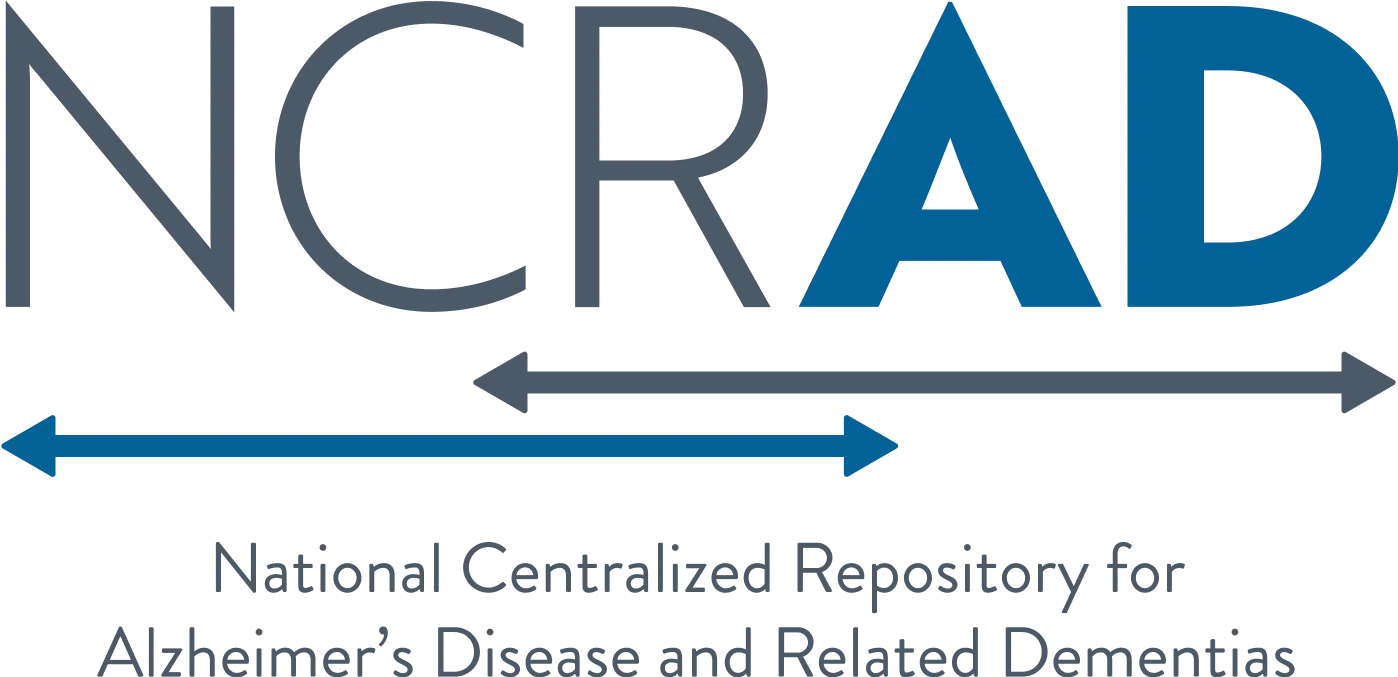API-ADAD
The Alzheimer’s Prevention Initiative (API) Autosomal Dominant Alzheimer’s Disease (ADAD) Colombia Trial (clinicaltrials.gov NCT01998841) was a randomized, placebo-controlled clinical trial of the anti-oligomeric amyloid-β (Aβ) monoclonal antibody treatment crenezumab in 252 cognitively unimpaired Colombian PSEN1 E280A mutation carriers and non-carriers from the world’s largest ADAD kindred (API-Colombia). The mutation carriers are virtually certain to develop Alzheimer’s disease and progress to mild cognitive impairment (MCI) and dementia at the respective median ages of 44 and 49. Like other ADAD mutation carriers, PSEN1 E280A mutation carriers demonstrate biomarker evidence of amyloid-β (Aβ) plaque more than 25 years before the onset of dementia, followed by tau tangle deposition and neurodegeneration. The API ADAD Trial included participants within about 15 years from carriers’ median age of MCI onset at the time of enrollment and who had not received information about their genetic risk, who received 60-96 months of double-blind treatment utilizing a common close design.
Study Participants
PSEN1 E280A mutation carriers meeting study eligibility criteria were randomized to one of two treatment groups: crenezumab or placebo, both administered SC at a research site every 2 weeks. To maintain genotype blind and to have a genetic kindred control, a cohort of PSEN1 E280A noncarrier kindred family members were also enrolled into the study in a double-blinded fashion and administered placebo only. This is essentially a two-part study: (1) a 260-week, double-blind, randomized, placebo-controlled, clinical trial to study the efficacy of crenezumab in an expected total of 200 preclinical individuals with a PSEN1 E280A mutation by comparing change, on drug versus placebo, in a cognitive composite score, other clinical outcomes, and biomarker measures; and (2) a 260-week, double-blind, nonrandomized, nested, cohort study, including the carriers and expected total of 100 noncarriers receiving placebo, allowing comparison of cross-sectional and longitudinal data.
Available Data
Screening and longitudinal data including demographics, neuropsychological testing, neuropsychological examination, cognitive testing, and neuroimaging data is available. A minimal dataset is available through the NCRAD catalog and the full dataset is available by request from University of Southern California Laboratory of Neuroimaging (USC LONI). Follow the link here for more information.
Available Biospecimens
Plasma, CSF, Serum, RNA and DNA

